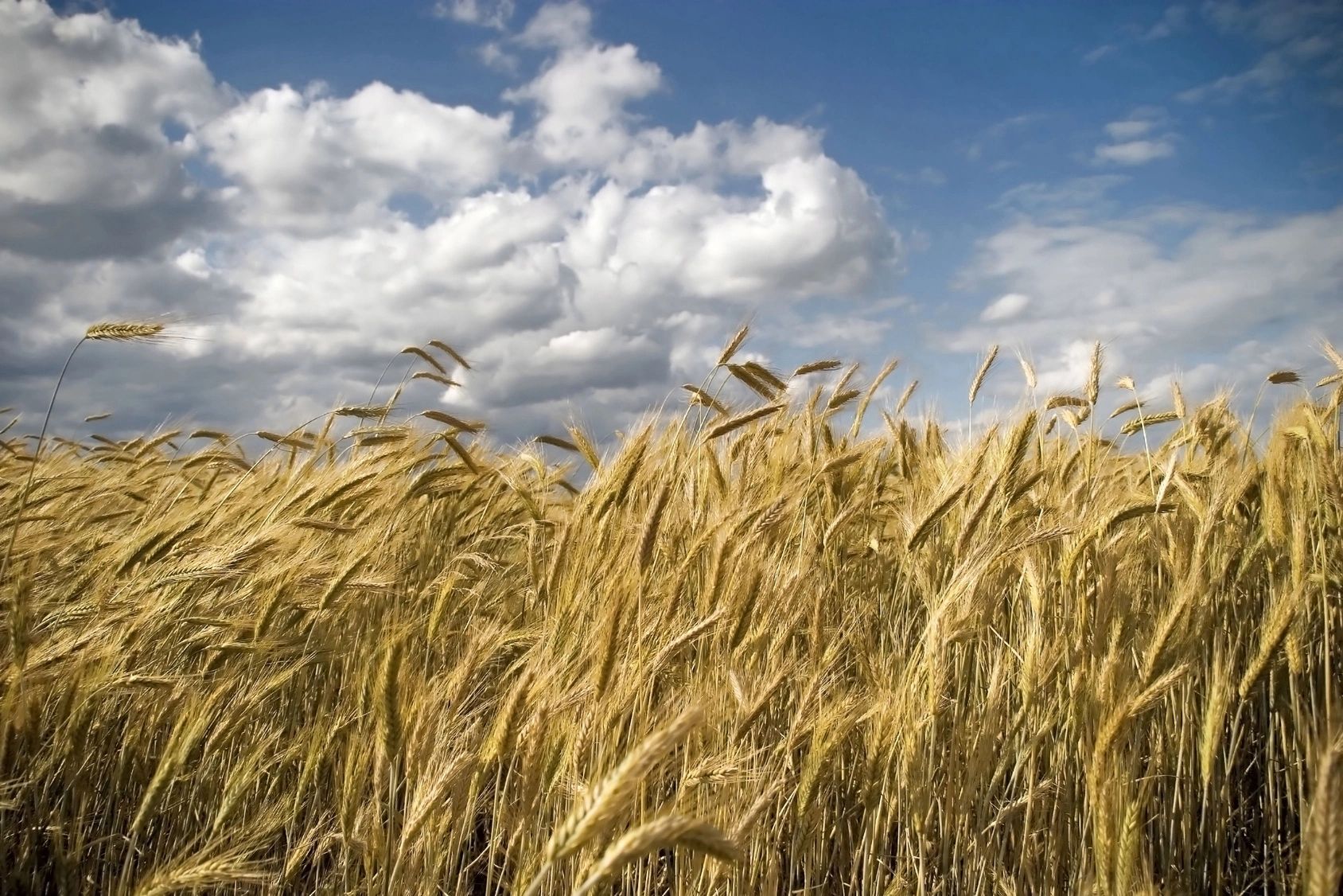GRAINS~MORE THAN CARBS

GRAINS~MORE THAN CARBS
By: Allie Might, FMC, INHC, ATT
Who doesn’t love the grain group? Its most commonly associated with carbohydrates (carbs). However, are they really that bad for us and are they truly necessary? Let’s explore this simple, delicious, versatile and often scary topic…and try to bust some myths about grains.
First things first….how much grains do we need in a day? According to the United States Department of Agriculture (USDA), it is recommended that adults get 5-10oz of grains per day, or 3-5oz of whole grains per day. This is because whole grains are much less processed and more nutrient dense. These supply such essentials like healthy fats, antioxidants, B-vitamins and are a source of fiber. Grains and carbs also help to supply the body with energy as they metabolize.
Now, let’s breakdown some of the most common grains and carbs that many of us consume and figure out some healthy alternatives. Here are my go-to healthy substitutions.
RICE: Many of us are familiar with the traditional white rice, however this is heavily processed. Instead, try brown rice, quinoa or wheatberries. They are easy to prepare and you can experiment with cooking these grains in broth or coconut milk to really enhance the flavor and give you variety.
BREADS: The traditional white breads that many of us grew up on should be avoided. Sadly, whole wheat breads aren’t much better. You want to look for whole grain or even ancient grain breads. You’ll probably even see pieces of grain and seeds in the product. These will be much more nutrient dense and nutritious. You may even find these in the freezer section as they don’t always have a lot of additives to make them shelf stable.
PASTA: Try to start eliminating the white pastas and substitute with the whole wheat pastas. While these are a tasty alternative, I’ve had many people say that the whole wheat pastas taste like cardboard. If you are one these people, I recommend trying a combination. Try mixing half white pasta and half whole wheat pasta. Slowly change the ratios until you are just having the whole wheat pasta.
CEREAL: Try to avoid traditional cereals and granola, as they can be processed and higher in sugar. Use bran or even plain oats as a healthy alternative. These can be made hot or cold, with milk or plain yogurt, and enhanced with fresh fruit, Reds Hx or Cocoa Hx.
Lastly, let’s get an understanding of simple vs complex carbohydrates. The American Heart Association helps to define these easily as a part of a heart healthy diet. Simple carbs are digested quickly and tend to cause spikes in blood sugar. These are commonly associated with processed white foods like white flour, pasta and bread. Complex carbs are digested slower and help to keep sugar levels more stable instead of causing harsh spikes. These are you’re whole grains which are more nutritious and rich in fiber. I like to remember this as simple is easy, quick to breakdown and absorb and spike sugar levels and complex is a more involved process to breakdown and absorb allowing the body to stay more stabilized without unnecessary spikes. So, SIMPLE=FAST, UNHEALTHY AND “SCARY” and COMPLEX=SLOWER, NUTRITIOUS AND “HAPPY”.
PHASE 2: This product contains White Kidney Bean Extract which has been shown to be effective in multiple ways. According to numerous studies from the National Library of Medicine – National Center for Biotechnology Information, white kidney bean extract has been helpful in the metabolic health of people suffering from obesity. It has also shown to help reduce the absorption of some carbohydrates, which metabolize into sugars, making it helpful for those trying to achieve and/or maintain healthy blood sugar levels. However, don’t forget that adding Phase2 is a tool to help with health and wellness goals and not a green light to over indulge in such foods like bagels and pasta.
www.myplate.gov/eat-healthy/grains
www.mayoclinic.org/healthy-lifestyle/nutrition-and-healthy-eating/in-depth/whole-grains/art-20047826
www.hsph.harvard.edu/nutritionsource/what-should-you-eat/whole-grains/
www.medicalnewstoday.com/articles/161547#high-or-low-carb-diets
https://health.clevelandclinic.org/the-whole-truth-about-whole-grains
www.heart.org/en/healthy-living/healthy-eating/eat-smart/nutrition-basics/carbohydrates
www.ncbi.nlm.nih.gov/pmc/articles/PMC7284421/
www.ncbi.nlm.nih.gov/pmc/articles/PMC7063375/
